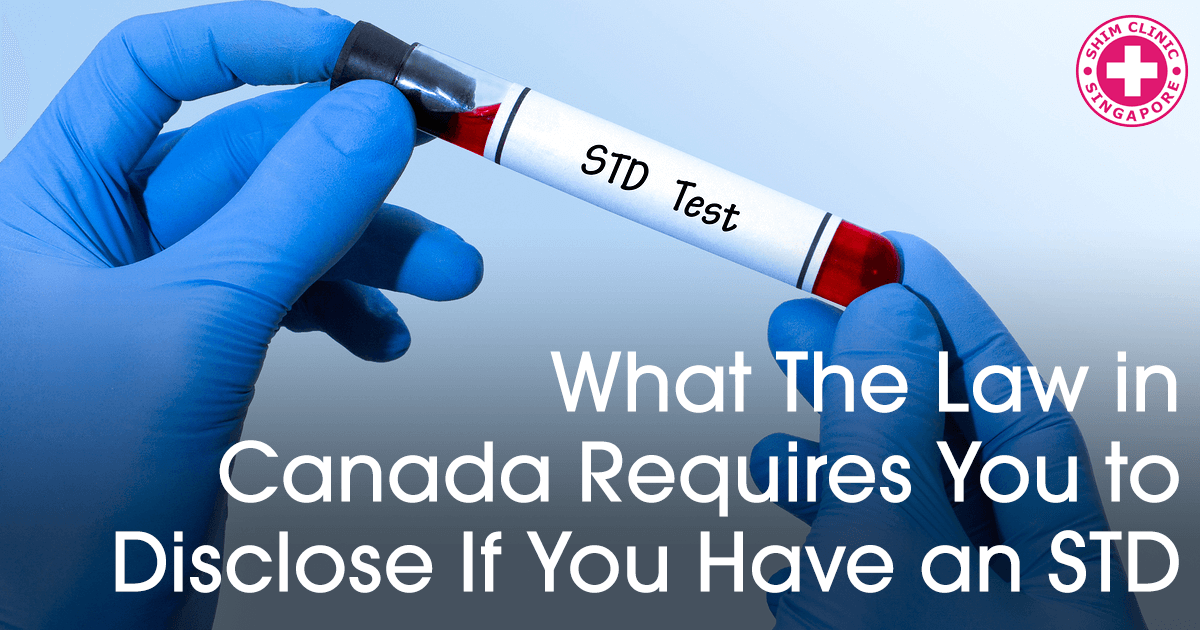The number of new sexually transmitted infections (STIs) in Canada has been on a steady rise since 2015. The most commons STIs are currently chlamydia, gonorrhea and syphilis.
STD testing, treatment and disclosure are a big part of preventing the infections from continuing to spread. However, very few people are willing to disclose their STD status to their partners.
For this reason, Canada has made it a crime not to disclose one’s STI status, including HIV, before having sex. Many Canadians tend to think that this law is only mean for HIV and not common STIs such as herpes, syphilis, chlamydia etc.
The law to disclose one’s status was put into effect in the 1990s and got harsher in 2012 especially for people with HIV. The Supreme Court of Canada made it a legal condition for people living with HIV to tell their partner about their status before having unprotected sex.
Punishable Offence
This means that any HIV positive person who engages in sex without using a condom or if they use a condom but have high viral loads, and do not disclose their status, they could face criminal prosecution.
The charge you stand to face is normally aggravated sexual assault, a very serious offence in the Criminal Code that carries a maximum penalty of life imprisonment and a permanent sex offender record. About 184 people have already been charged with HIV non-disclosure in Canada.
Other than adhering to the law, disclosure is important for moral obligation. By being upfront about your status you help improve public health by protecting others from getting infected.
The Art of Disclosure
Before disclosing your STD status, it is important that you know what you have or do not have. Go to your local STD clinic to get tested. There are two ways that you can use to talk to your partner about your status. The first approach is to be open about your status from the first encounter, say the first date. If you’re using a dating site, you could add your status to your profile. We think this is even more important when it comes to marriage, that both partners get tested and know their status.
This way, anyone interested in you comes in knowing what they’re getting themselves into and will lower your chances of getting your feelings hurt because you don’t know each other well yet and no feelings are involved. So it won’t be such a big deal if they decide not to date you.
The other approach is to wait until you have gained your partner’s trust before you let them know about your status. However, remember to avoid having sex until you have disclosed your status. For most people, this is the ideal approach because they don’t want to put everything out there before they know the kind of person they are dealing with.
Now there is really no right or wrong approach, the main thing is to make sure that you disclose your status before having sex with your partner. Do not wait until you’re about to get into the act to have this conversation. Have the conversation before getting into the heat of the moment to allow for a sober discussion. Then let your partner decide whether to go ahead with the relationship or not, don’t try to influence their reaction. If you find yourself in a situation where you had sex with someone without doing a status check and had a conversation only after, or just have a strong suspicion, go for STD tests immediately. If you do suspect or your sexual partner only admitted to being HIV-positive after intercourse, and you are not on HIV PrEP, know that HIV PEP is your best option if exposure happened within the last 72 hours.
Be ready for rejection or acceptance. Remember it’s their right to decide how to handle their health so don’t take their response personally.

